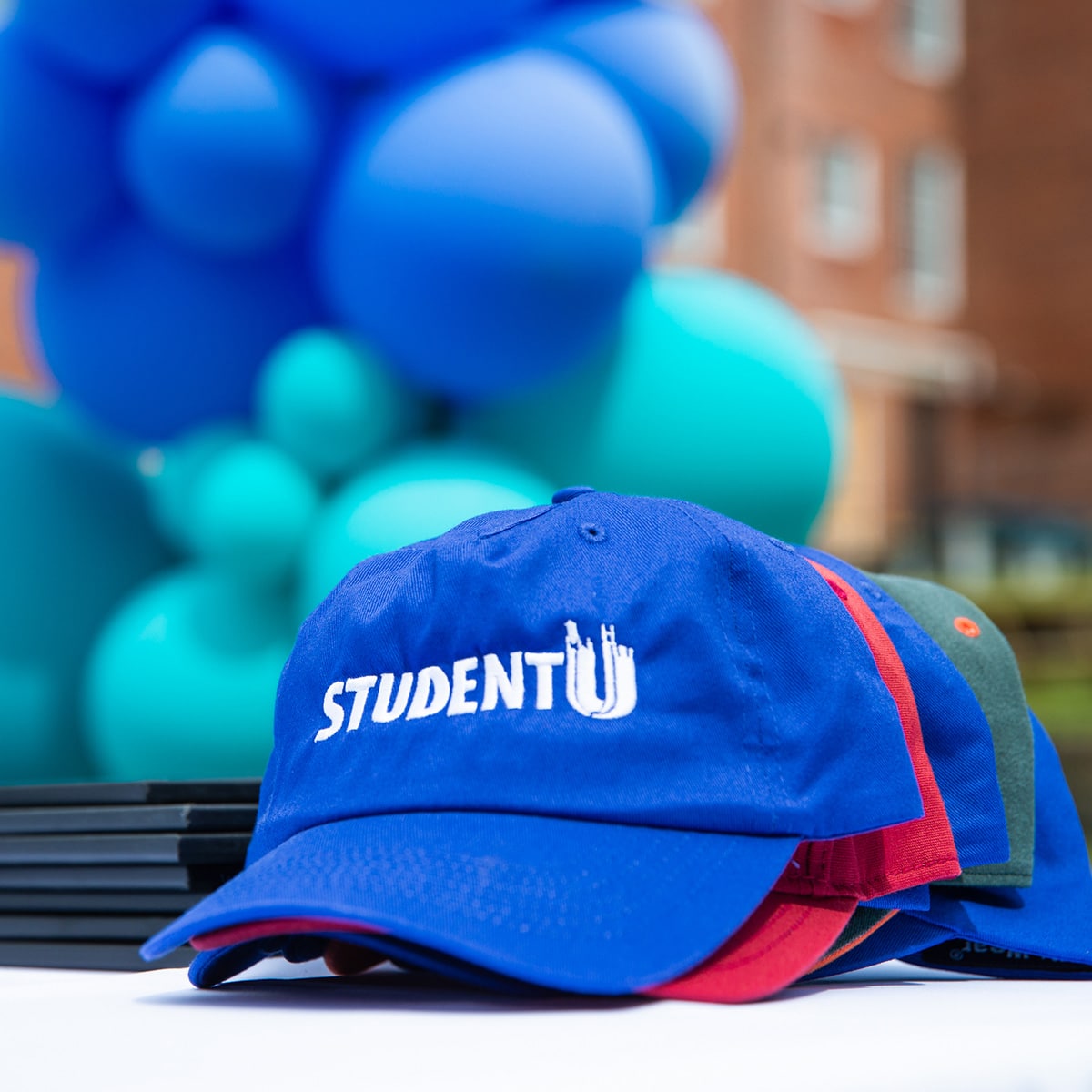 Youth Work 101: How to Help Students Stay Organized
Youth Work 101: How to Help Students Stay OrganizedBy: Student U Afterschool Instructor Emily Banks
Welcome to the Youth Work 101 Series! Student U started this blog series to support youth work practitioners, educators, advocates for young people, and after-school professionals in their work by sharing what has worked for us and by offering free resources each month on a best practice. Click here for this month’s resource for youth workers.
After switching to an online environment in my own schooling, and working with a caseload of Student U middle school students as they navigate virtual learning, I want to present a few organizational tools students can use to effectively manage their assignments that I have found helpful in my own work. Organization falls under the umbrella of Executive Functioning, which refers to the set of skills and behaviors that help a student set and achieve goals, both academic and non-academic. Other examples of Executive Function skills are time management, flexible thinking, planning, self-monitoring, starting tasks, and finishing tasks to completion.
Organizational skills can be defined as “the ability to design and maintain systems for keeping track of information or materials” (Dawson & Guare, 2010). Organizational skills range from creating a consistent routine to constructing a system to organize assignments and documents. Some examples of systems to keep track of assignments are agendas and visual check-lists. Organizational skills can improve time management, decrease the amount of missing work, and can help to alleviate stress.
For the first time, many students are being introduced to online learning. Organizational skills matter now more than ever to help students achieve academic success in their new virtual environment. According to a 2008 study titled The Impact of Study Skills and Organizational Methods on Student Achievement, organization of school materials was correlated with academic success. While this study was focused on physical aspects of organization, these skills should be adapted for virtual learning as well. This study also found that parental involvement and collaboration with teachers can strengthen a students’ organizational skills, so partnering with parents to help keep students organized is one of the most effective ways to keep students on track in their classes.
Resource: Inspired by the research and working with various students this semester, I have created a template for some of my students to use to access all of their assignments in one convenient place. Each class is organized into three columns: Current Assignments, Upcoming Assignments, and Missing Assignments. Students will be able to see which assignments they should prioritize, and keep track of assignments they still have to complete.
I find it helpful to link the actual assignment from their Canvas Accounts and online classrooms on the document so that students can access the specific assignment they are working on conveniently. I encourage students to highlight completed assignments or check off the assignment in some way so I can see what they have completed, and they can keep track of their own progress! Every student is different, so it could be beneficial to try out different organization systems until a student finds one that works best for them.
About the Author:

My name is Emily Banks, and I’m a 7th/8th Grade Family Head (Afterschool Instructor) at Student U! I’m a junior at the University of North Carolina at Chapel Hill, majoring in Human Development and Family Studies with a minor in Education. I chose to go into Education because of the inequalities within the education system. I hope to tackle the opportunity gaps, increase funding and respect for public schools, and dismantle systemic injustices present in the classroom. I strongly believe that each and every student that walks into a classroom deserves love, care, and the ability to achieve incredible things through acquired knowledge and support. Student U has helped me develop these goals through their active support of our students. While working through Student U, I have developed new language, skills, and ideologies that are centered on providing effective support to our students!
Thanks for taking the time to read about our first post on Executive Functioning Skills! Outside of my work at Student U and UNC-Chapel Hill, I also run my own blog geared towards future and current educators! I create weekly posts ranging from classroom content to my own journey in becoming an educator. You can follow my posts at www.dearfutureteachers.com!
Special Thanks to Alex Lowe-Turner for input on this blog!
—
Donate to Student U and keep posts like this one coming.
Subscribe to this blog by entering your email to download the resource above.









